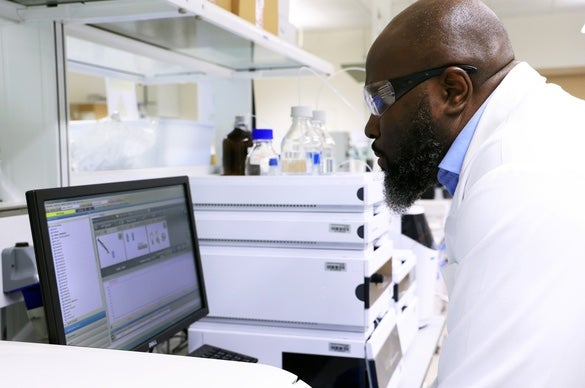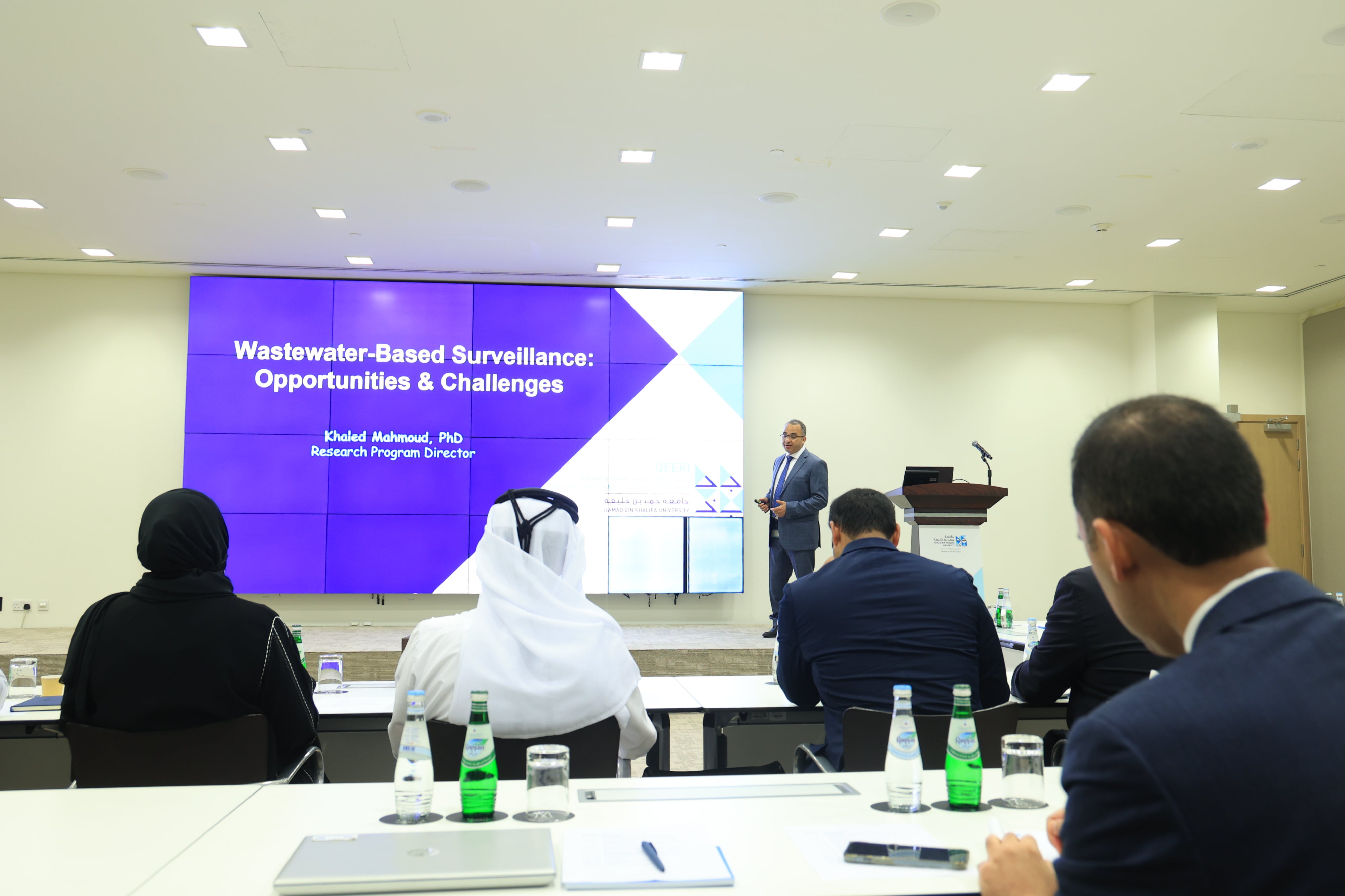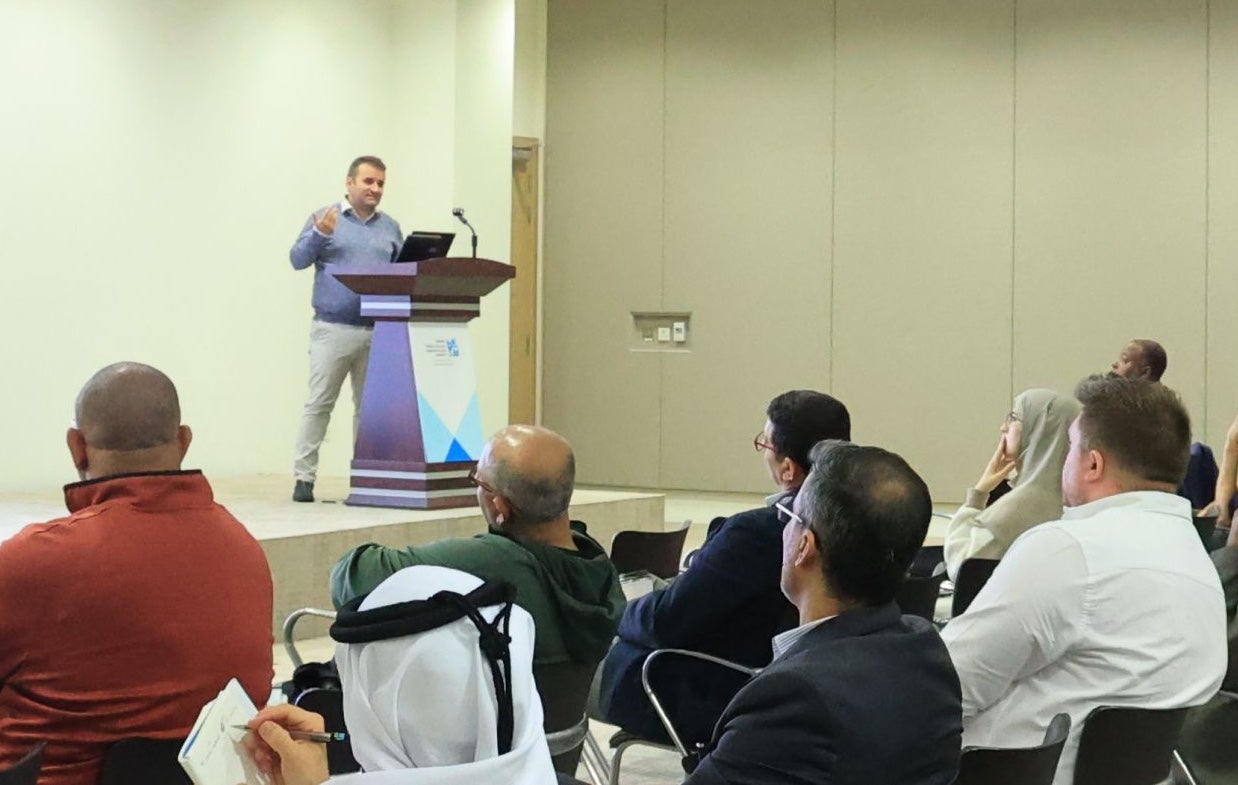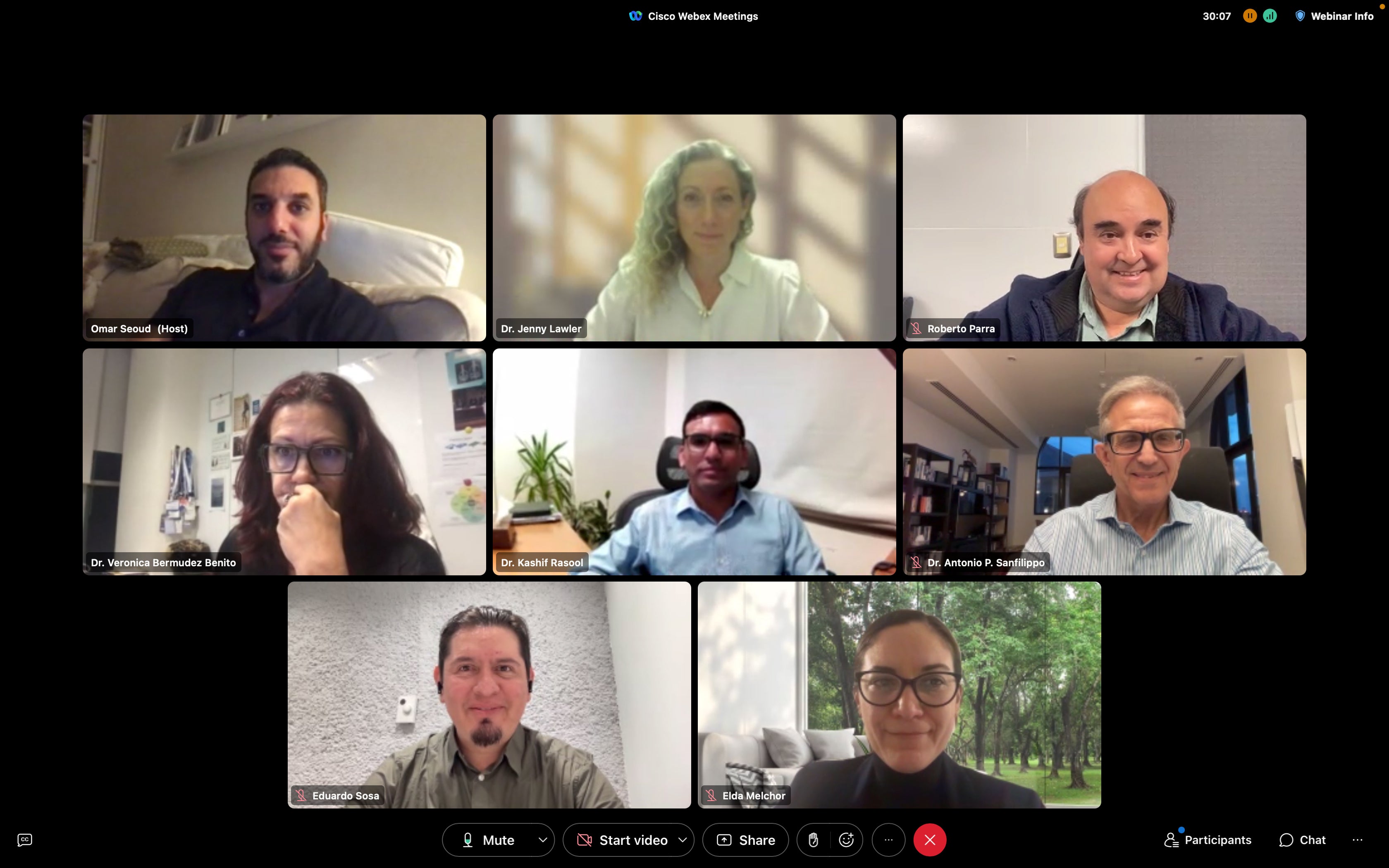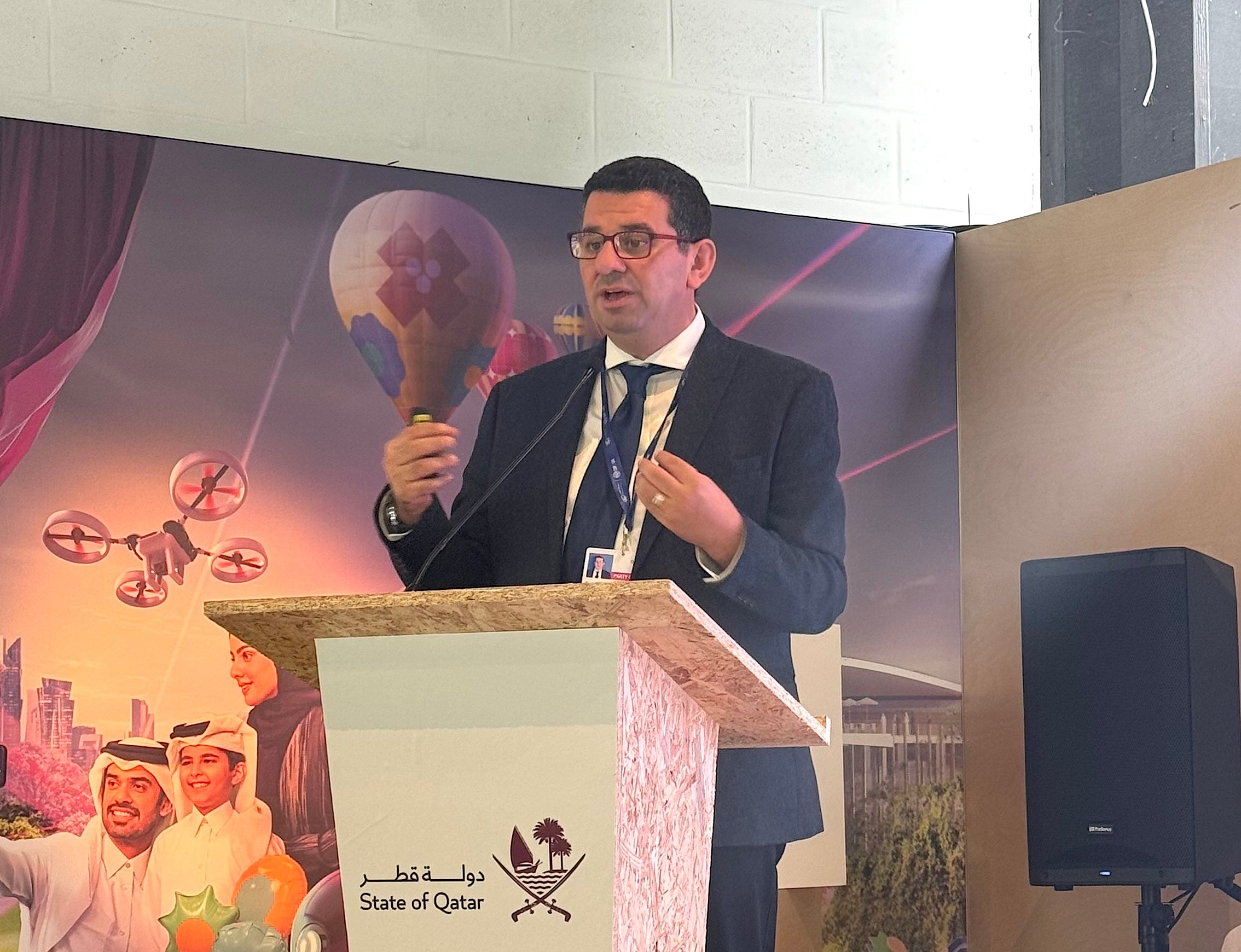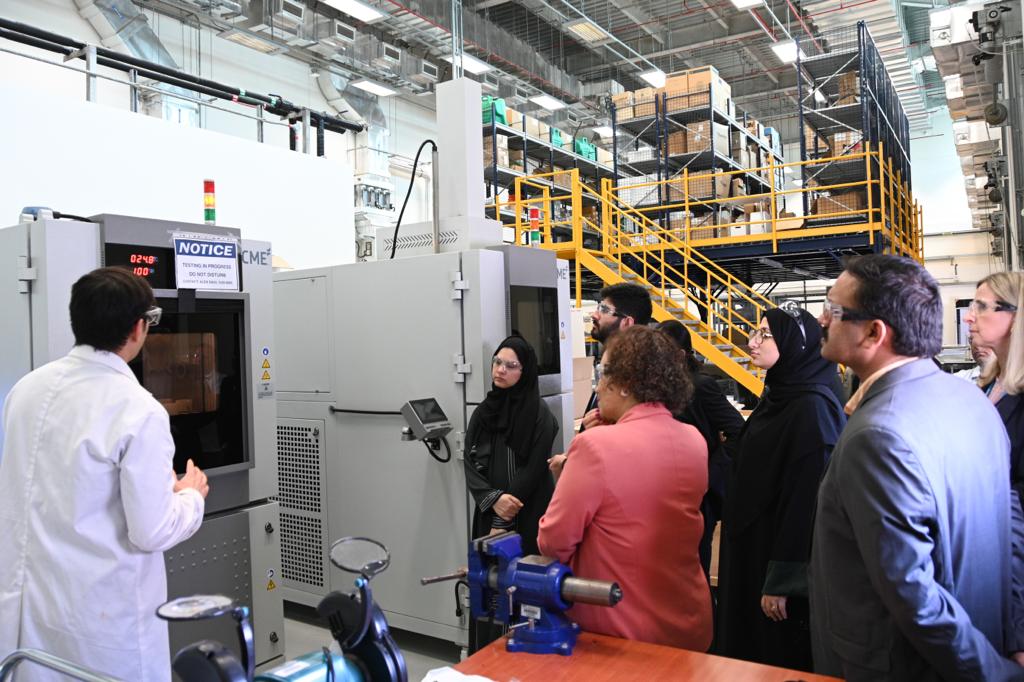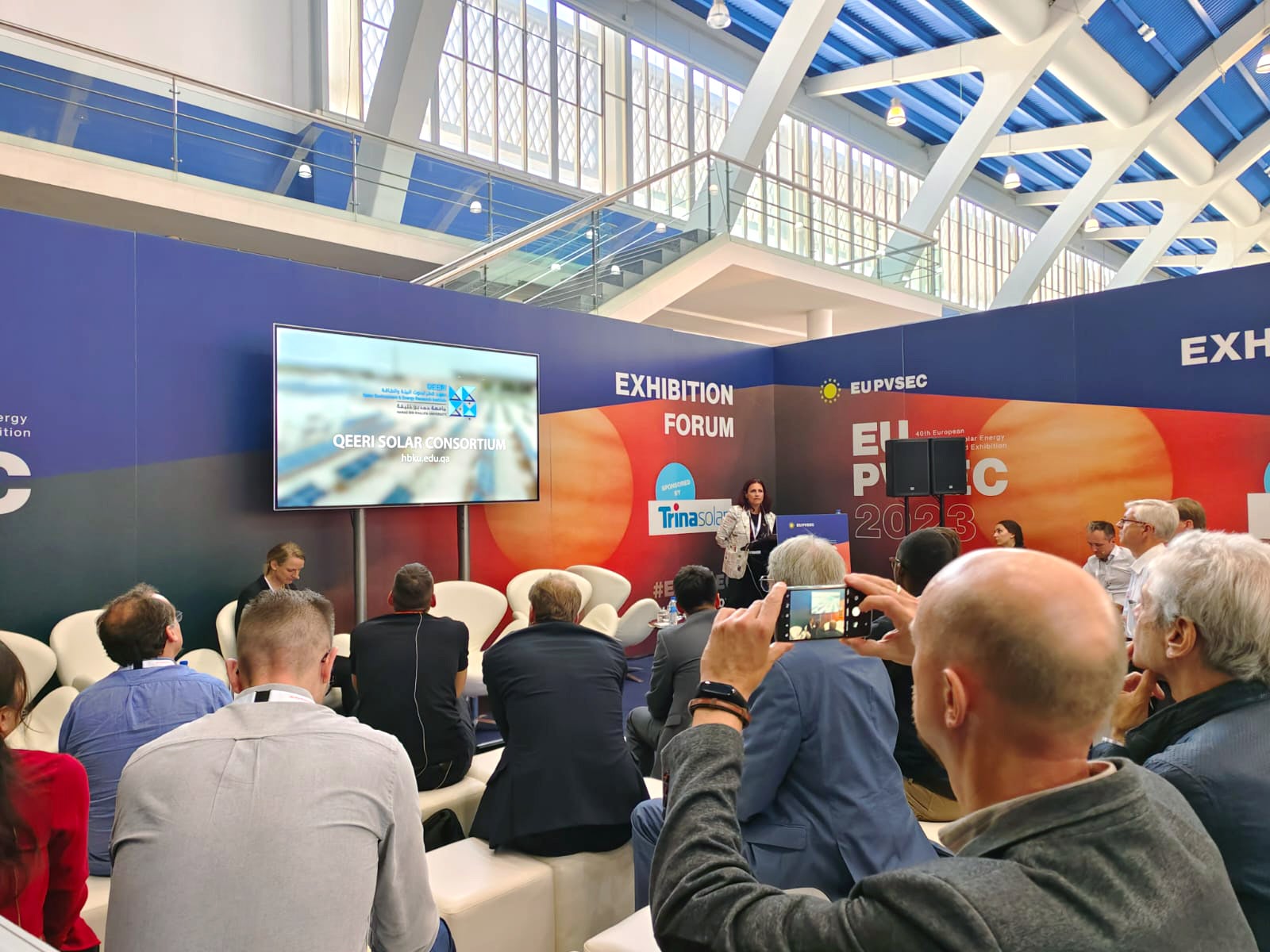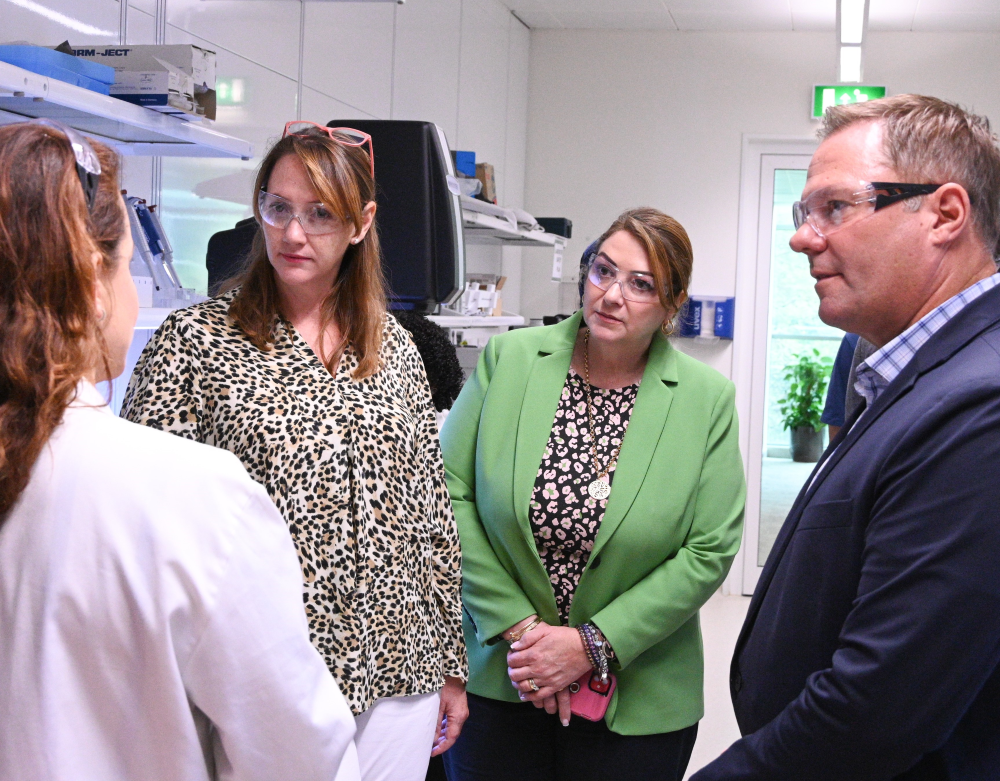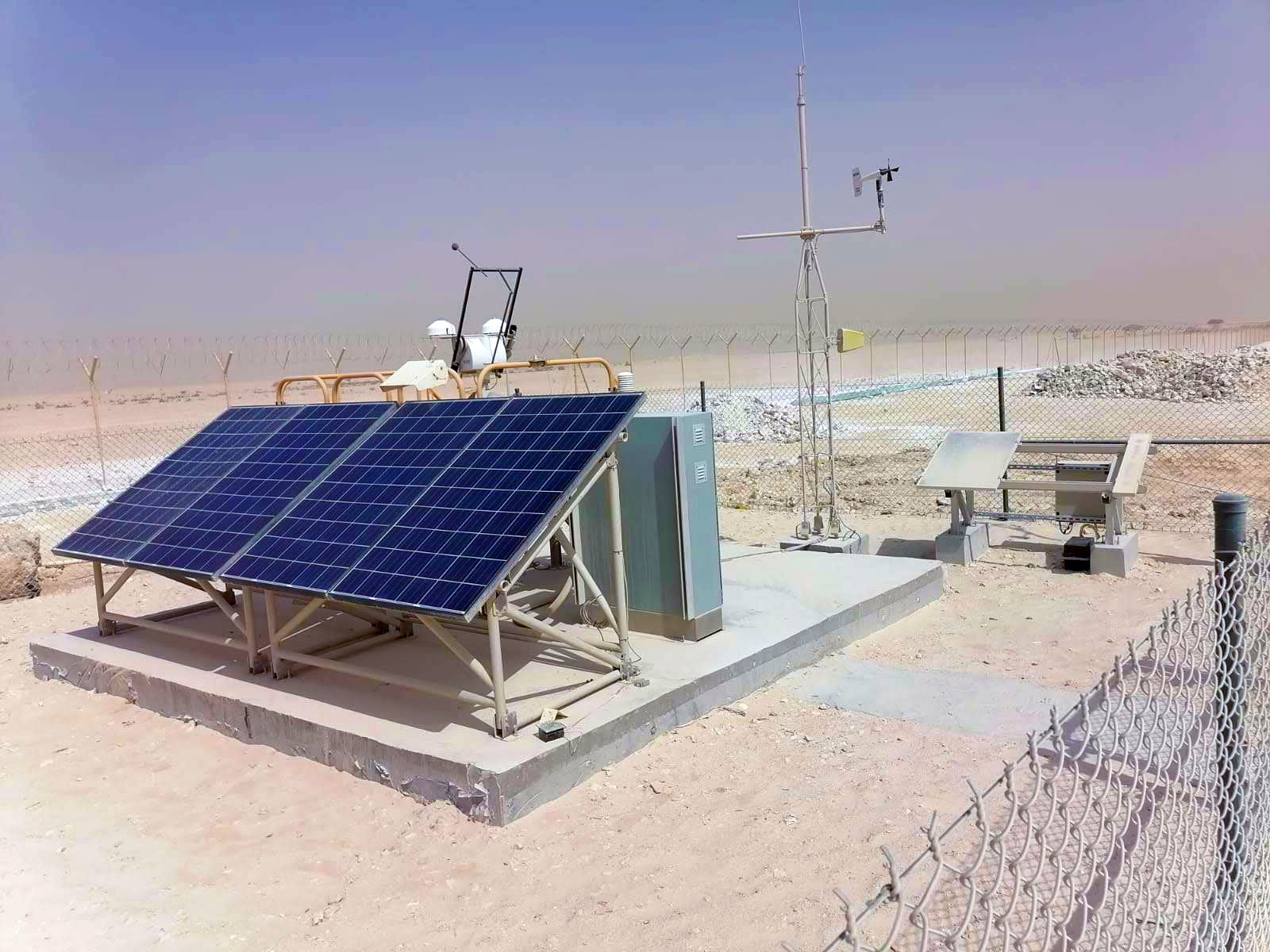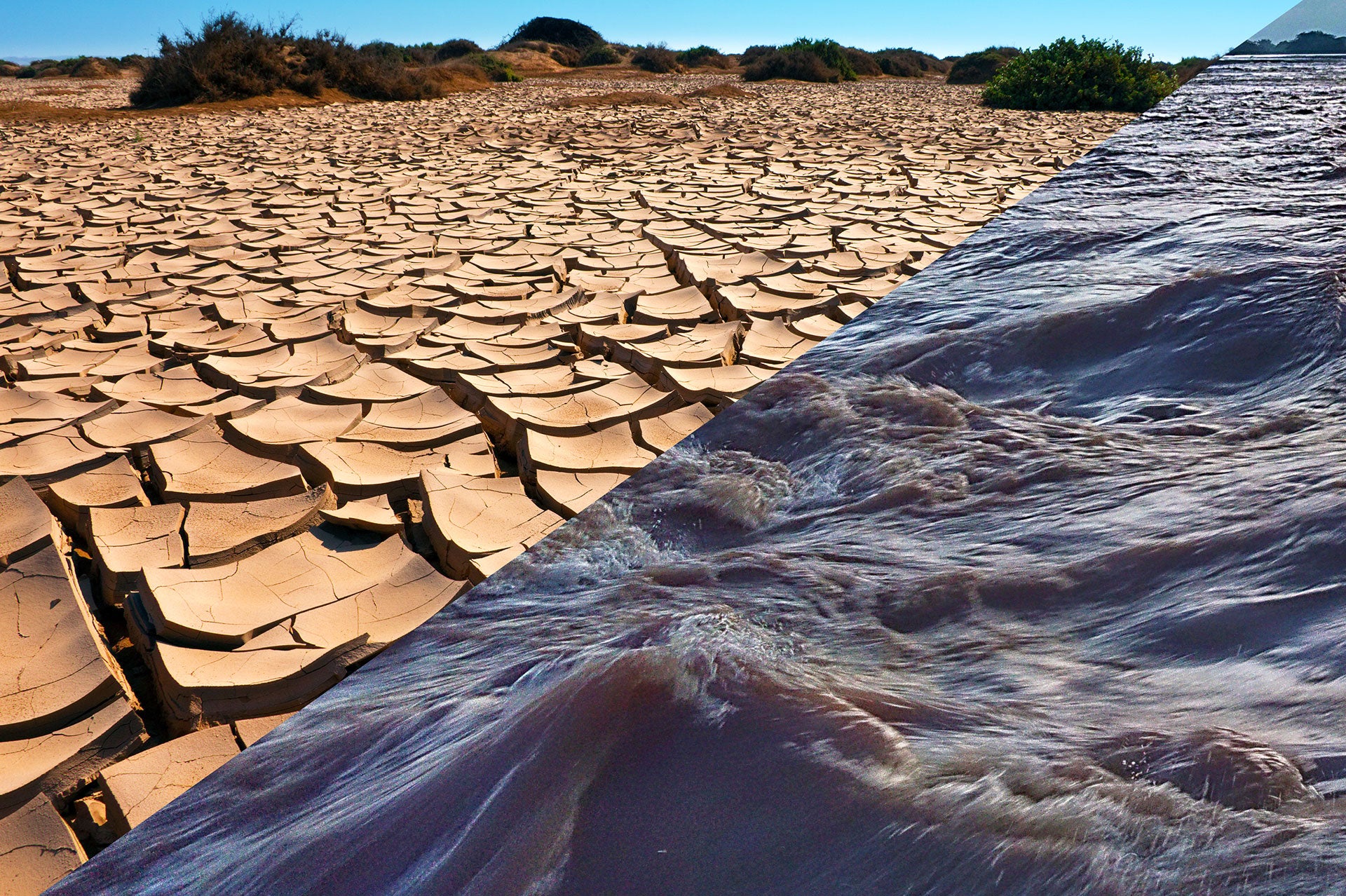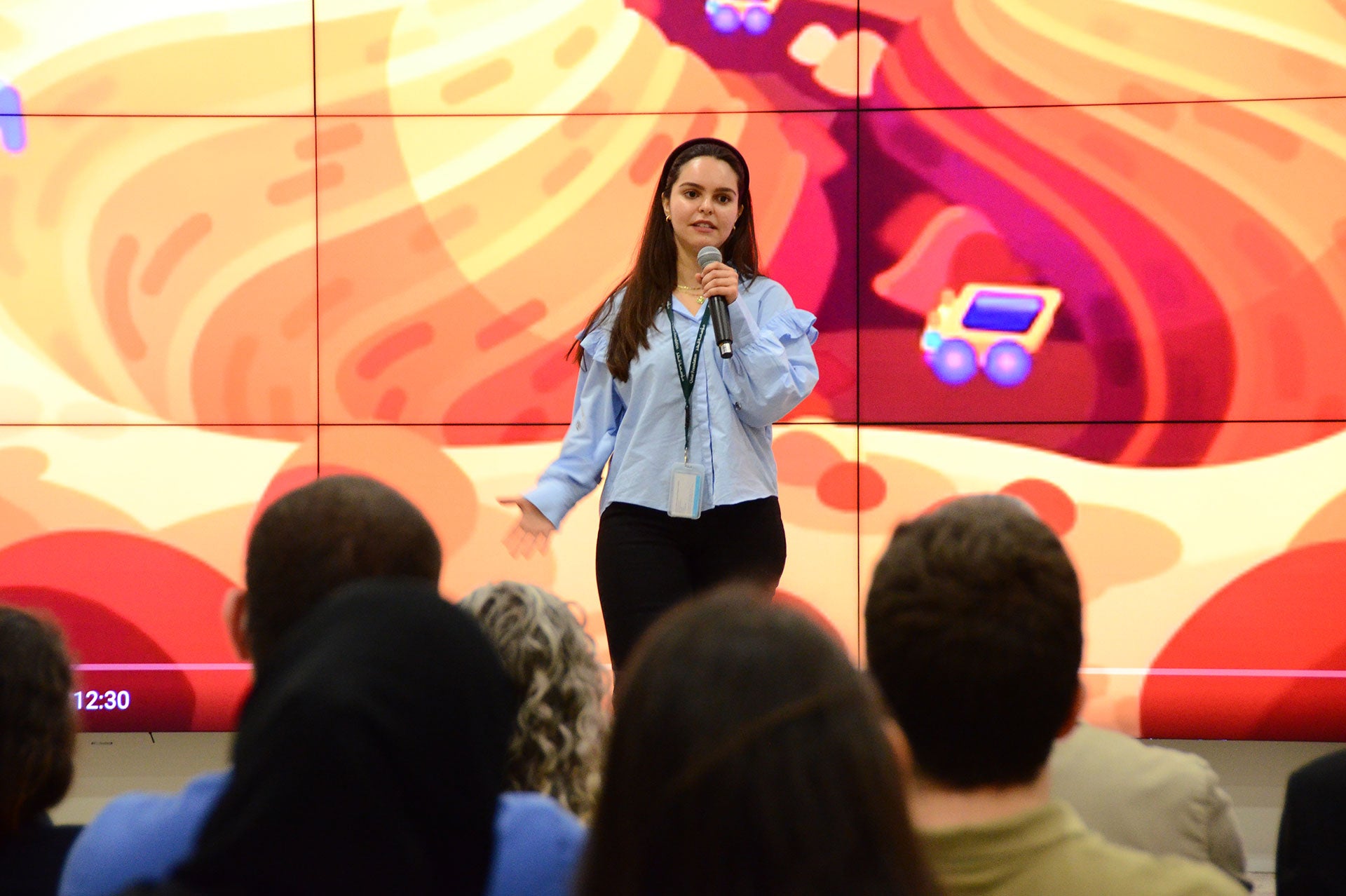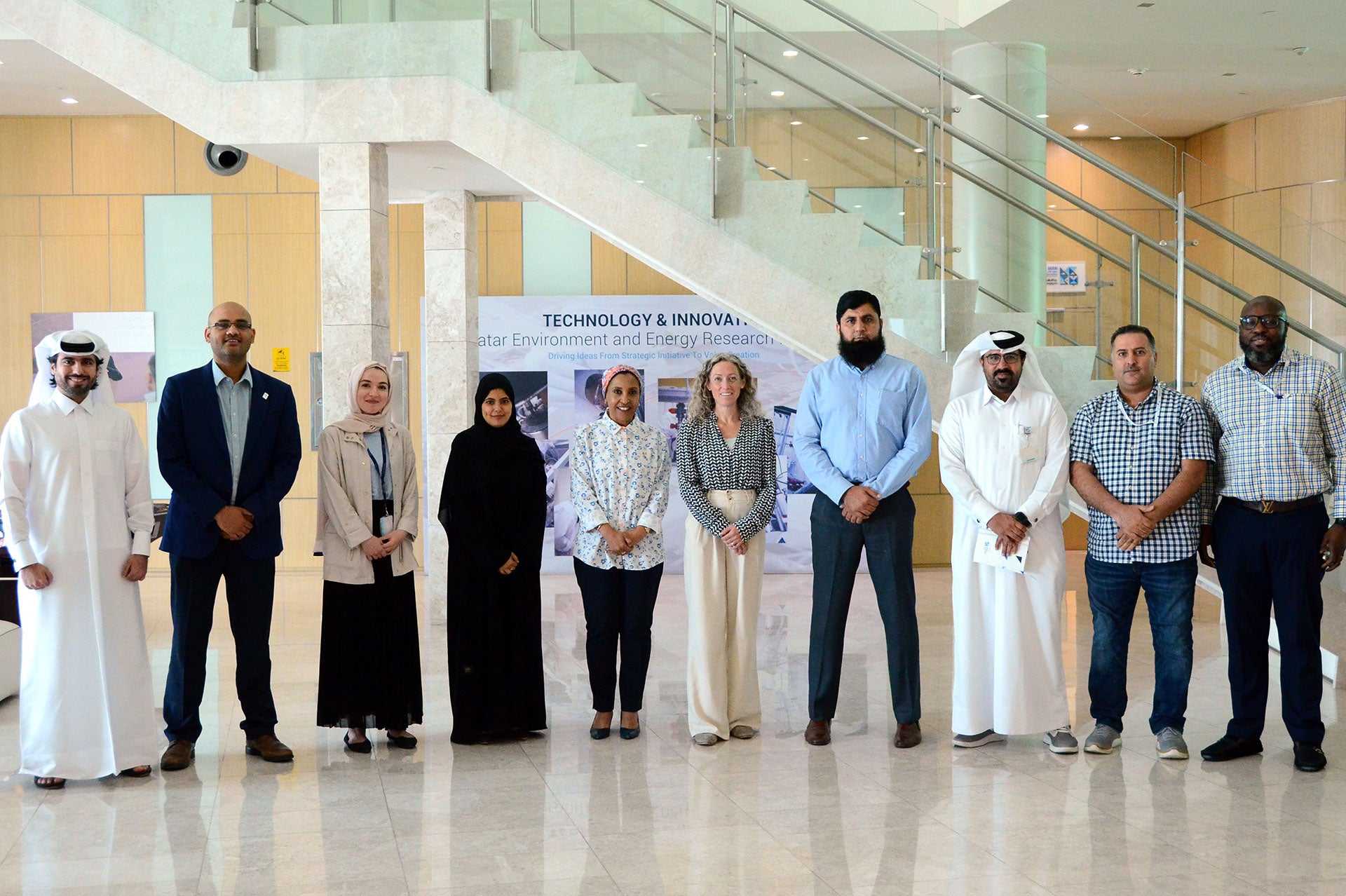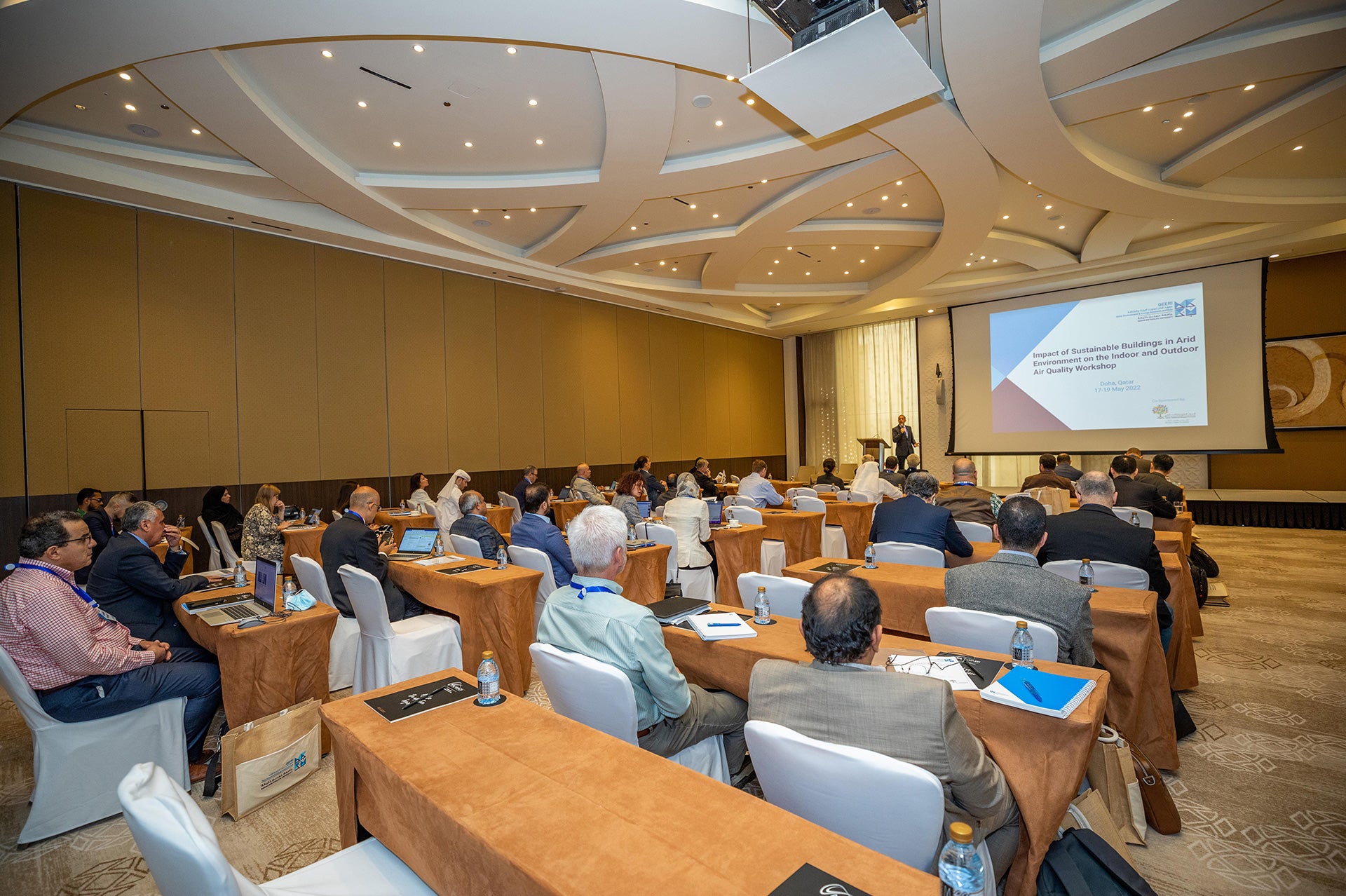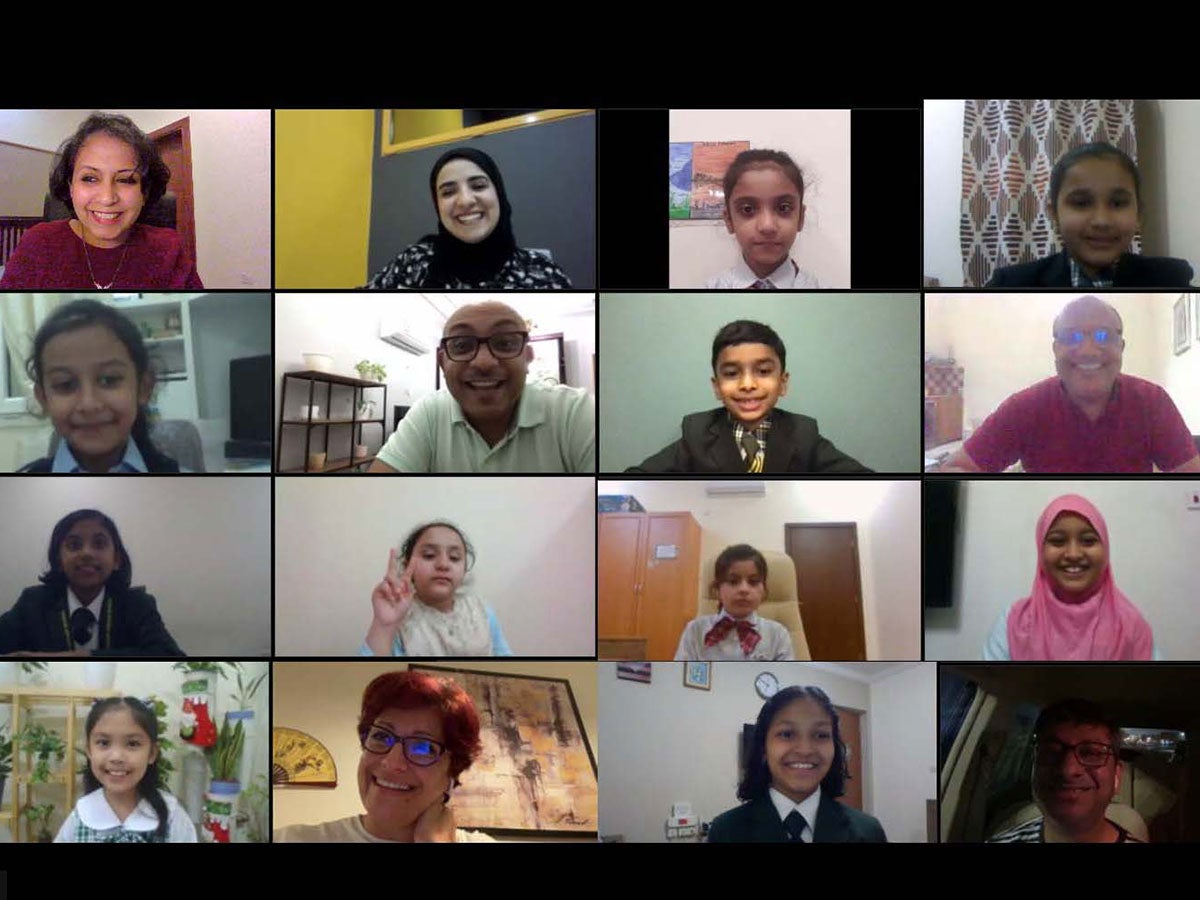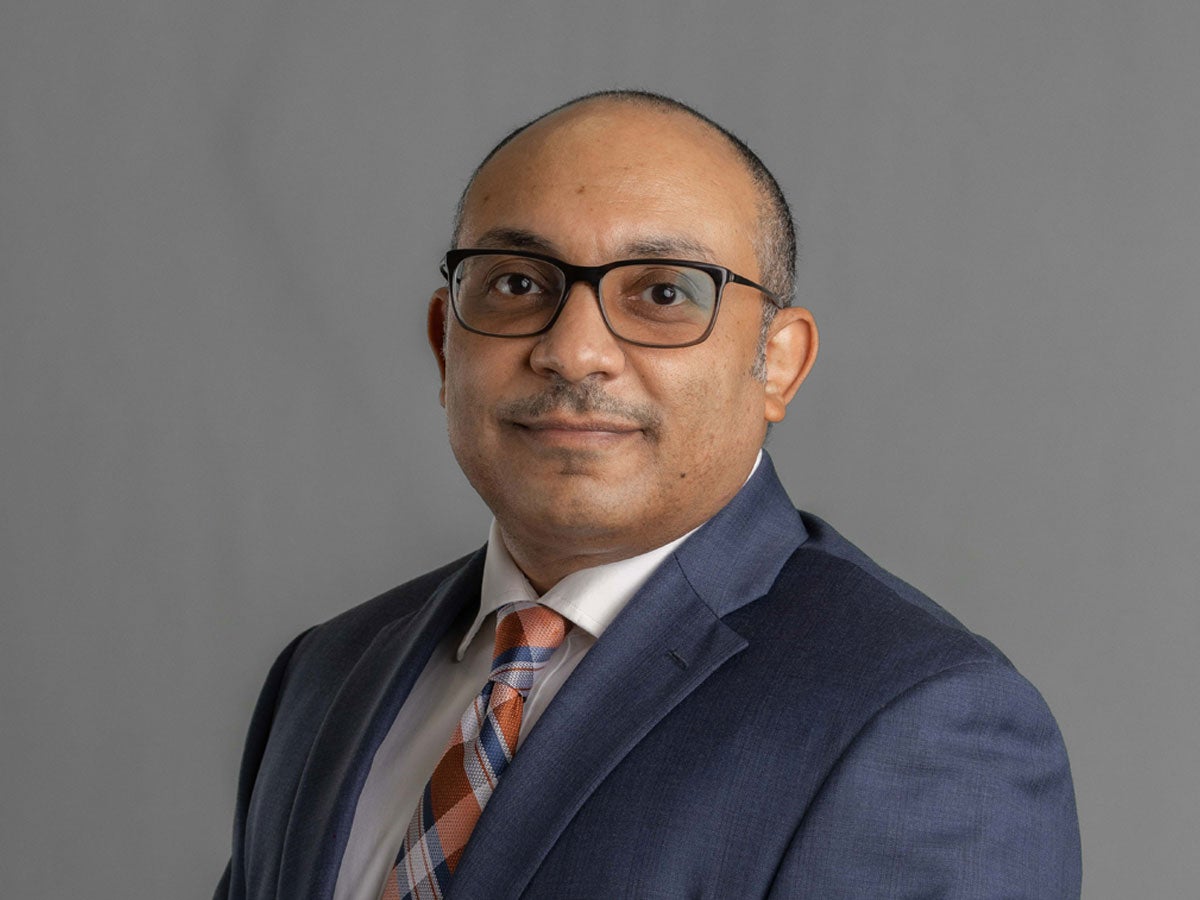
Beyond the Lab Bench: QEERI’s Core Facilities Back Industry and Academia
Core laboratories at Qatar Environment and Energy Research Institute present some of the most advanced equipment in the world, along with renowned expertise

It is every researcher’s dream -- a full service, highly technologized lab space in close proximity to busy workstations. Scientists are coming close to realizing this at QEERI -- one of the country’s largest university-affiliated research institutes -- providing Qatar’s government (and its agencies) with deep expertise in specialized physical and life sciences fields to support national priorities and technology development programs. QEERI’s core laboratories provide independent trusted technical support and service to the public sector, offering continuity for highly complex and multigenerational advanced systems and know-how.
Within QEERI’s core laboratories, materials and imaging characterization is a fundamental process in the field of materials science, without which no scientific understanding of engineering materials could be ascertained. According to Dr. Said Mansour, core laboratories director at QEERI, the importance of characterization and imaging could be summed in a short statement, which is “to make, you must be able to see first”.
“QEERI’s core labs are critical to fundamental industrial research, and any future development and innovation in Qatar will strongly depend on availability of such capabilities,” said Dr. Mansour.
The microscopy laboratory, along with 10 other characterization spaces housed within the core laboratories, is highly involved with identifying the root causes of corrosion and conducting deep analyses of on-shore and off-shore wells -- an endeavor that could potentially save the country hundreds of millions QAR in costs.
“We work with industry partners, such as TOTAL, Shell and Qatar Gas -- to understand underlying reasons for oil and gas pipes’ corrosion over time, influencing mitigation and prevention practices, and complementing research on environmental impact in the field,” said Dr. Mansour.
The global annual cost of corrosion as published by the National Association of Corrosion Engineers (NACE) estimated to be US$2.5 trillion, which is equivalent to 3.4 percent of global GDP. Qatar being reliant on oil and gas is not immune from such losses. Corrosion -- and mitigation of corrosion issues -- cost Qatar US$100s of millions annually.
In Qatar, oil and gas pipelines are severely affected by a number of factors, not limited to climate, natural surroundings, and wear and tear.
To take another example, Qatar’s desert climate ranks as one of the harshest and hottest in the world imposing unique challenges to materials performance. Surface and thermal analysis laboratories, also part of the institute’s core facilities, test the structure, design, durability and performance of materials such as solar panels, storage batteries and desalination membranes under extreme temperatures and weather conditions .
“Harsh desert climates pose clear obstacles and challenges to the functionality, performance and durability of solar panels, and one way to tackle them is to identify climate-appropriate materials that render them suitable for Qatar’s sustainability efforts. Our core laboratories offer a fair share of contributions towards realizing this goal,” noted Mansour.
Past physical spaces, “the mission of QEERI’s core facilities is not limited to industrial support,” believes Dr. Mansour. “As a primary national source of research knowledge, we also support graduate students with fundamental research across development disciplines to fulfill their academic requirements and have them benefit from the unmatched expertise within our institute and laboratories. The core laboratories are instrumental to the thesis work of both Qatar University and HBKU students,” said Mansour.
From state-of-the-art core labs capabilities, to unique residing expertise, to resolving materials performance, structural, and chemical problems; QEERI’s core facilities offer it all.
To book a viewing, or find out more about industry partnerships, please e-mail QEERI’s Dr. Mansour at smansour@hbku.edu.qa or call 4454-5606.
Related News
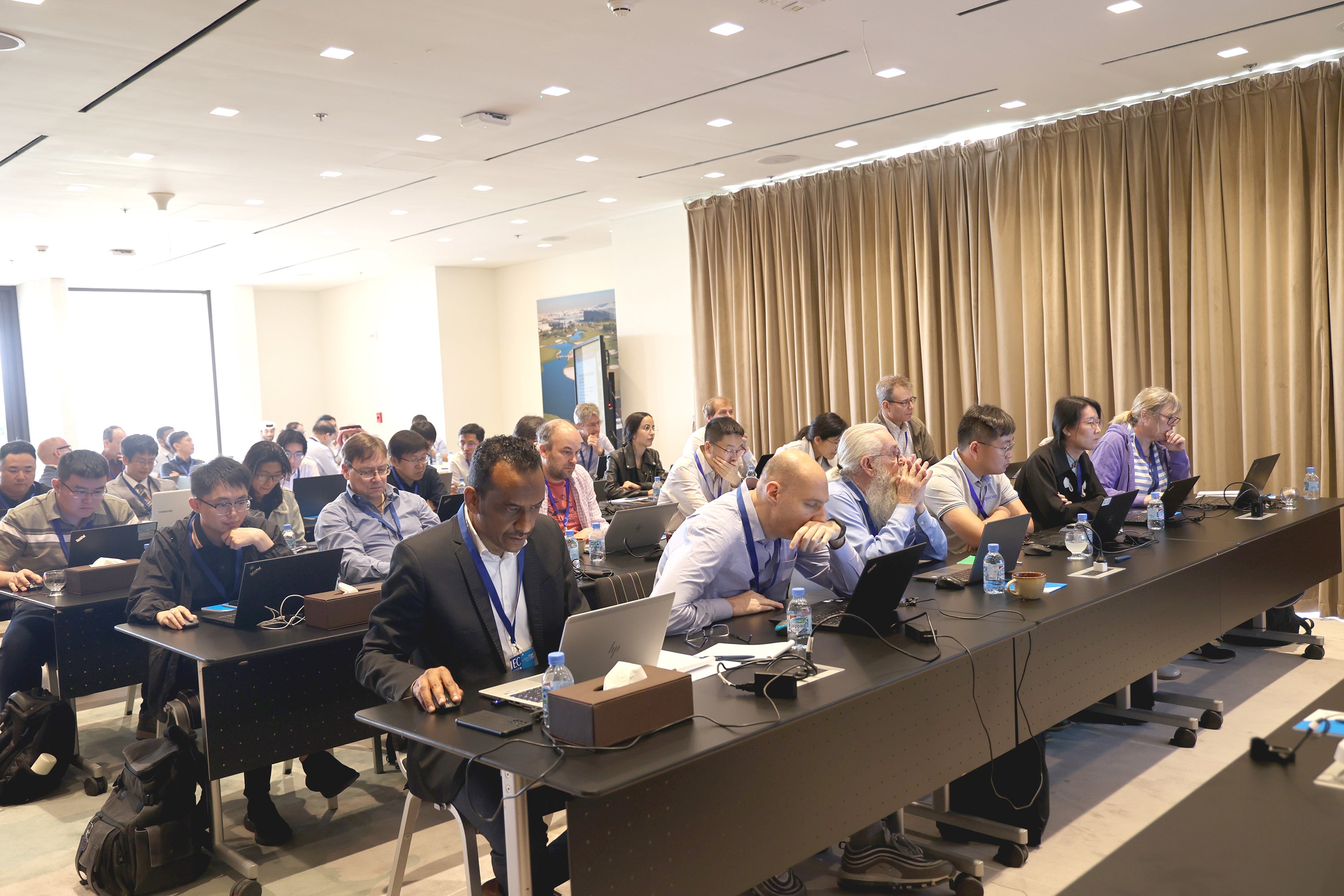
QEERI Hosts Meetings to Advance International Standards for Photovoltaic Modules
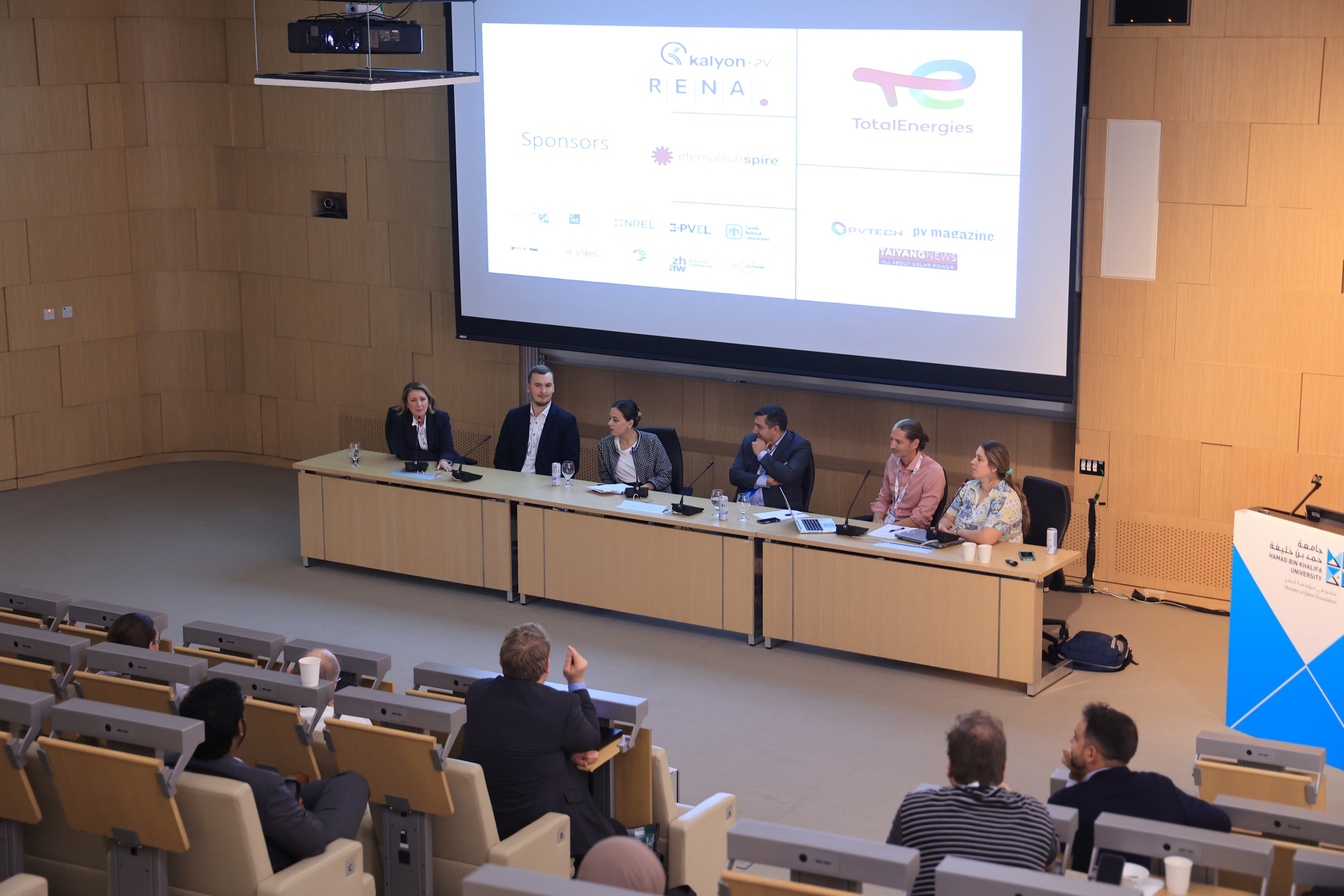
HBKU’s QEERI Hosts the 10th Bifacial Photovoltaic Workshop focused on desert technologies
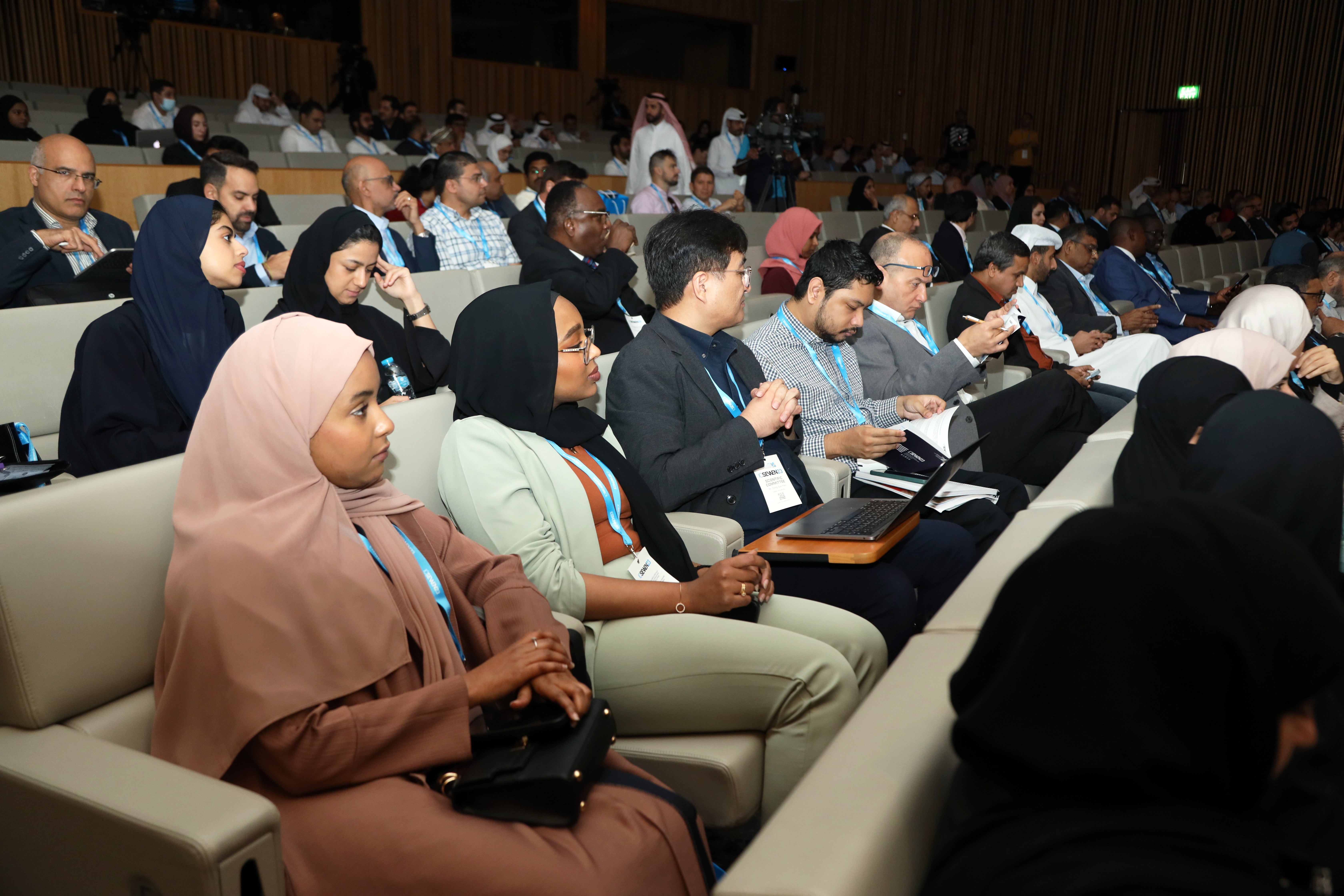
HBKU’s QEERI Concludes ICSEWEN23, Announces Winners, and Unveils Environmental Insights
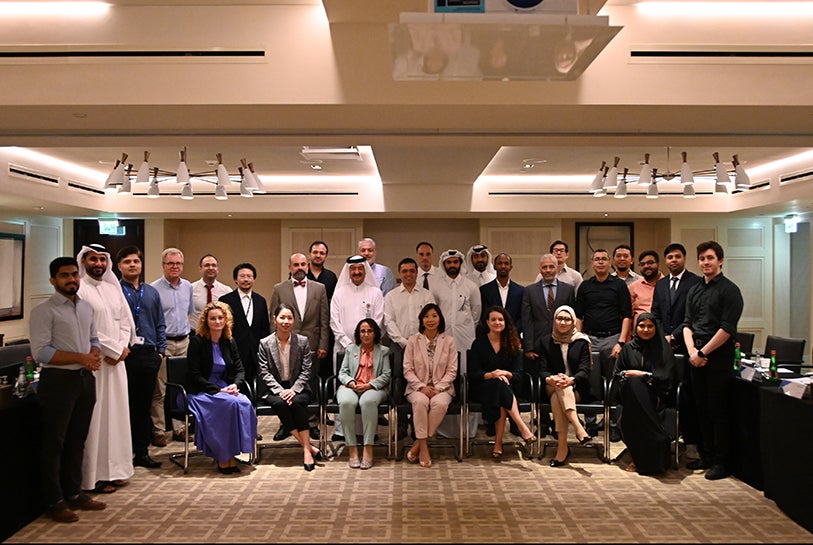
QEERI Corrosion Center Renews Strong Ties with Industry Partners and Stakeholders

QEERI Hosts Meetings to Advance International Standards for Photovoltaic Modules

HBKU’s QEERI Hosts the 10th Bifacial Photovoltaic Workshop focused on desert technologies

HBKU’s QEERI Concludes ICSEWEN23, Announces Winners, and Unveils Environmental Insights

QEERI Corrosion Center Renews Strong Ties with Industry Partners and Stakeholders

QEERI Hosts Meetings to Advance International Standards for Photovoltaic Modules

HBKU’s QEERI Hosts the 10th Bifacial Photovoltaic Workshop focused on desert technologies

HBKU’s QEERI Concludes ICSEWEN23, Announces Winners, and Unveils Environmental Insights

QEERI Corrosion Center Renews Strong Ties with Industry Partners and Stakeholders

QEERI Hosts Meetings to Advance International Standards for Photovoltaic Modules

HBKU’s QEERI Hosts the 10th Bifacial Photovoltaic Workshop focused on desert technologies

HBKU’s QEERI Concludes ICSEWEN23, Announces Winners, and Unveils Environmental Insights

QEERI Corrosion Center Renews Strong Ties with Industry Partners and Stakeholders

QEERI Hosts Meetings to Advance International Standards for Photovoltaic Modules

HBKU’s QEERI Hosts the 10th Bifacial Photovoltaic Workshop focused on desert technologies

HBKU’s QEERI Concludes ICSEWEN23, Announces Winners, and Unveils Environmental Insights

QEERI Corrosion Center Renews Strong Ties with Industry Partners and Stakeholders

QEERI Hosts Meetings to Advance International Standards for Photovoltaic Modules

HBKU’s QEERI Hosts the 10th Bifacial Photovoltaic Workshop focused on desert technologies

HBKU’s QEERI Concludes ICSEWEN23, Announces Winners, and Unveils Environmental Insights

QEERI Corrosion Center Renews Strong Ties with Industry Partners and Stakeholders

QEERI Hosts Meetings to Advance International Standards for Photovoltaic Modules

HBKU’s QEERI Hosts the 10th Bifacial Photovoltaic Workshop focused on desert technologies

HBKU’s QEERI Concludes ICSEWEN23, Announces Winners, and Unveils Environmental Insights

QEERI Corrosion Center Renews Strong Ties with Industry Partners and Stakeholders

QEERI Hosts Meetings to Advance International Standards for Photovoltaic Modules

HBKU’s QEERI Hosts the 10th Bifacial Photovoltaic Workshop focused on desert technologies

HBKU’s QEERI Concludes ICSEWEN23, Announces Winners, and Unveils Environmental Insights

QEERI Corrosion Center Renews Strong Ties with Industry Partners and Stakeholders

QEERI Hosts Meetings to Advance International Standards for Photovoltaic Modules

HBKU’s QEERI Hosts the 10th Bifacial Photovoltaic Workshop focused on desert technologies

HBKU’s QEERI Concludes ICSEWEN23, Announces Winners, and Unveils Environmental Insights

QEERI Corrosion Center Renews Strong Ties with Industry Partners and Stakeholders

QEERI Hosts Meetings to Advance International Standards for Photovoltaic Modules

HBKU’s QEERI Hosts the 10th Bifacial Photovoltaic Workshop focused on desert technologies

HBKU’s QEERI Concludes ICSEWEN23, Announces Winners, and Unveils Environmental Insights

QEERI Corrosion Center Renews Strong Ties with Industry Partners and Stakeholders

QEERI Hosts Meetings to Advance International Standards for Photovoltaic Modules

HBKU’s QEERI Hosts the 10th Bifacial Photovoltaic Workshop focused on desert technologies

HBKU’s QEERI Concludes ICSEWEN23, Announces Winners, and Unveils Environmental Insights

QEERI Corrosion Center Renews Strong Ties with Industry Partners and Stakeholders

QEERI Hosts Meetings to Advance International Standards for Photovoltaic Modules

HBKU’s QEERI Hosts the 10th Bifacial Photovoltaic Workshop focused on desert technologies

HBKU’s QEERI Concludes ICSEWEN23, Announces Winners, and Unveils Environmental Insights

QEERI Corrosion Center Renews Strong Ties with Industry Partners and Stakeholders

QEERI Hosts Meetings to Advance International Standards for Photovoltaic Modules

HBKU’s QEERI Hosts the 10th Bifacial Photovoltaic Workshop focused on desert technologies

HBKU’s QEERI Concludes ICSEWEN23, Announces Winners, and Unveils Environmental Insights

QEERI Corrosion Center Renews Strong Ties with Industry Partners and Stakeholders

QEERI Hosts Meetings to Advance International Standards for Photovoltaic Modules

HBKU’s QEERI Hosts the 10th Bifacial Photovoltaic Workshop focused on desert technologies

HBKU’s QEERI Concludes ICSEWEN23, Announces Winners, and Unveils Environmental Insights

QEERI Corrosion Center Renews Strong Ties with Industry Partners and Stakeholders

QEERI Hosts Meetings to Advance International Standards for Photovoltaic Modules

HBKU’s QEERI Hosts the 10th Bifacial Photovoltaic Workshop focused on desert technologies

HBKU’s QEERI Concludes ICSEWEN23, Announces Winners, and Unveils Environmental Insights

QEERI Corrosion Center Renews Strong Ties with Industry Partners and Stakeholders

QEERI Hosts Meetings to Advance International Standards for Photovoltaic Modules

HBKU’s QEERI Hosts the 10th Bifacial Photovoltaic Workshop focused on desert technologies

HBKU’s QEERI Concludes ICSEWEN23, Announces Winners, and Unveils Environmental Insights

QEERI Corrosion Center Renews Strong Ties with Industry Partners and Stakeholders

QEERI Hosts Meetings to Advance International Standards for Photovoltaic Modules

HBKU’s QEERI Hosts the 10th Bifacial Photovoltaic Workshop focused on desert technologies

HBKU’s QEERI Concludes ICSEWEN23, Announces Winners, and Unveils Environmental Insights

QEERI Corrosion Center Renews Strong Ties with Industry Partners and Stakeholders

QEERI Hosts Meetings to Advance International Standards for Photovoltaic Modules

HBKU’s QEERI Hosts the 10th Bifacial Photovoltaic Workshop focused on desert technologies

HBKU’s QEERI Concludes ICSEWEN23, Announces Winners, and Unveils Environmental Insights

QEERI Corrosion Center Renews Strong Ties with Industry Partners and Stakeholders

QEERI Hosts Meetings to Advance International Standards for Photovoltaic Modules

HBKU’s QEERI Hosts the 10th Bifacial Photovoltaic Workshop focused on desert technologies

HBKU’s QEERI Concludes ICSEWEN23, Announces Winners, and Unveils Environmental Insights

QEERI Corrosion Center Renews Strong Ties with Industry Partners and Stakeholders

QEERI Hosts Meetings to Advance International Standards for Photovoltaic Modules

HBKU’s QEERI Hosts the 10th Bifacial Photovoltaic Workshop focused on desert technologies

HBKU’s QEERI Concludes ICSEWEN23, Announces Winners, and Unveils Environmental Insights






